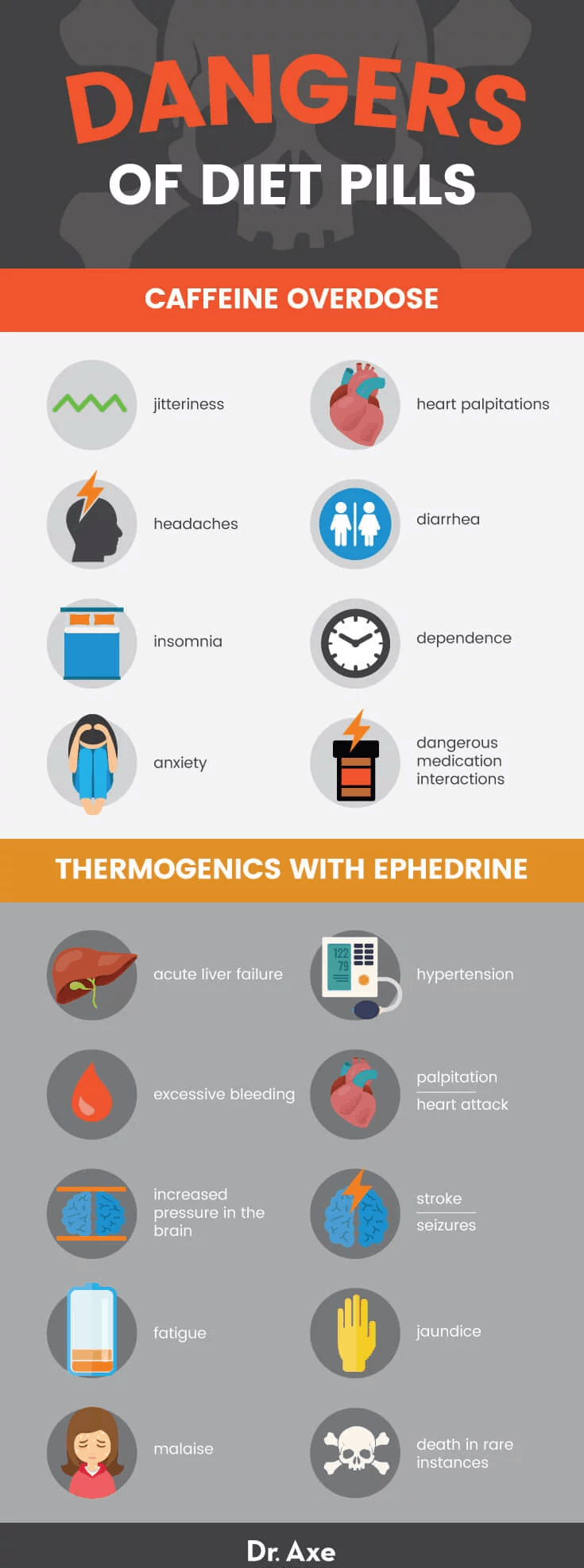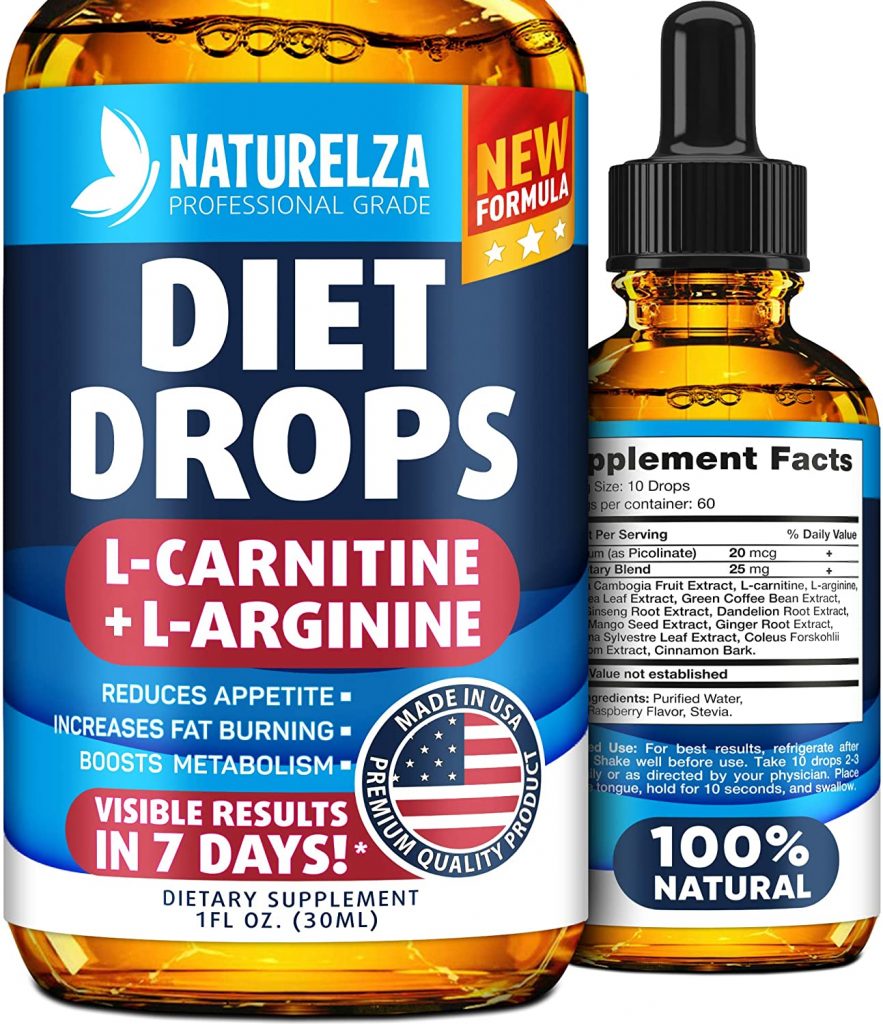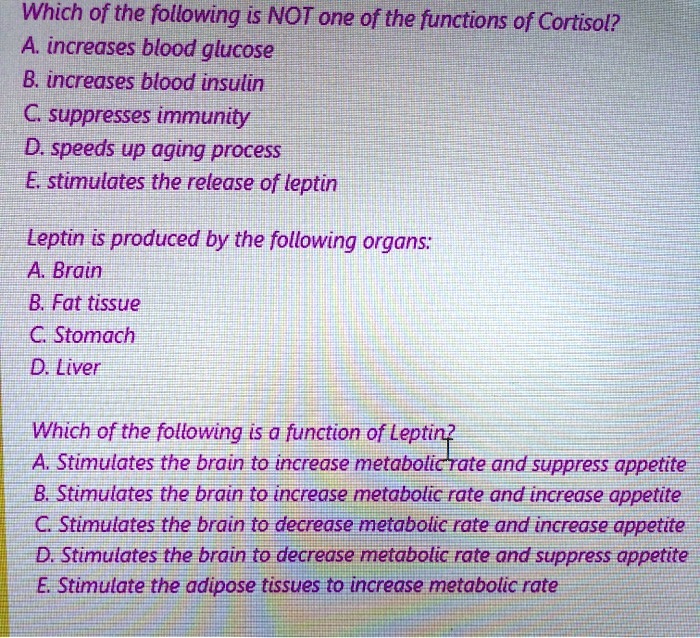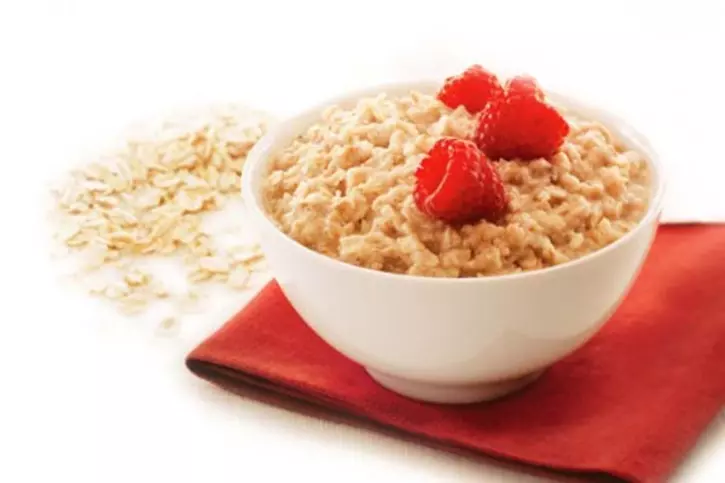Which Of The Following Suppresses Appetite

New research has pinpointed key appetite suppressants, offering potential breakthroughs in weight management and metabolic health. These findings could revolutionize approaches to combatting obesity and related diseases.
Understanding how to safely and effectively curb appetite is crucial in the face of rising obesity rates. The latest studies shed light on specific substances and behaviors demonstrating significant appetite-suppressing effects, with potential implications for therapeutic interventions.
Key Appetite Suppressants Identified
Recent studies published in journals like the American Journal of Clinical Nutrition and Obesity have highlighted several factors influencing appetite suppression. These range from dietary components to hormonal influences and lifestyle modifications.
Dietary Fiber: The Bulk Benefit
Dietary fiber, particularly soluble fiber, emerges as a potent appetite suppressant. Soluble fiber absorbs water in the digestive tract, increasing feelings of fullness and slowing down nutrient absorption.
A 2023 meta-analysis of multiple studies indicated that individuals consuming a diet rich in soluble fiber experienced reduced hunger pangs and consumed fewer calories throughout the day. This reinforces the importance of incorporating fiber-rich foods like oats, beans, and fruits into daily diets.
Protein: Satiety Powerhouse
Protein plays a critical role in appetite regulation. High-protein diets have been shown to increase satiety hormones like peptide YY (PYY) and reduce levels of the hunger hormone ghrelin.
Research consistently demonstrates that protein intake leads to greater feelings of fullness compared to carbohydrates or fats. A study conducted at the University of Washington revealed that participants consuming 30% of their calories from protein ate significantly less overall.
Water Consumption: A Simple Solution
Drinking water, especially before meals, is a surprisingly effective appetite suppressant. Water fills the stomach, creating a sensation of fullness and reducing the likelihood of overeating.
A Virginia Tech study found that participants who drank two cups of water before each meal lost more weight than those who did not. This simple habit can contribute significantly to appetite control.
Hormonal Influences: GLP-1 Agonists
Glucagon-like peptide-1 (GLP-1) agonists are a class of medications initially developed for treating type 2 diabetes, but are now also used for weight management. These drugs mimic the effects of the GLP-1 hormone, which stimulates insulin release and suppresses appetite.
Drugs like Semaglutide (Ozempic, Wegovy) and Liraglutide (Saxenda) have demonstrated significant weight loss results in clinical trials. They work by slowing gastric emptying, increasing satiety, and reducing food cravings.
Exercise: Beyond Calorie Burning
Regular physical activity not only burns calories but also influences appetite regulation. Exercise can alter hormone levels, leading to a decreased desire to eat.
Studies indicate that both aerobic and resistance training can reduce ghrelin levels and increase satiety hormones. Moreover, exercise can improve insulin sensitivity, further aiding in weight management.
Sleep: The Underestimated Factor
Sufficient sleep is essential for maintaining hormonal balance and regulating appetite. Sleep deprivation disrupts the production of hormones like leptin and ghrelin, leading to increased hunger and cravings.
Research consistently links poor sleep with increased risk of obesity and metabolic disorders. Aiming for 7-9 hours of quality sleep each night is crucial for appetite control.
Expert Perspectives
Dr. Emily Carter, a leading endocrinologist at the Mayo Clinic, emphasizes the multifaceted nature of appetite regulation. "Appetite is influenced by a complex interplay of factors, including genetics, hormones, diet, and lifestyle," she stated.
"A holistic approach that addresses all these aspects is essential for effective appetite control and sustainable weight management." She recommends consulting with healthcare professionals to develop personalized strategies.
Moving Forward
These findings provide valuable insights into the mechanisms of appetite suppression. Further research is needed to explore the long-term effects of these interventions and develop more targeted therapies.
Ongoing clinical trials are investigating novel compounds and lifestyle interventions aimed at optimizing appetite control. Healthcare providers are encouraged to stay informed about the latest advancements in this rapidly evolving field.


















